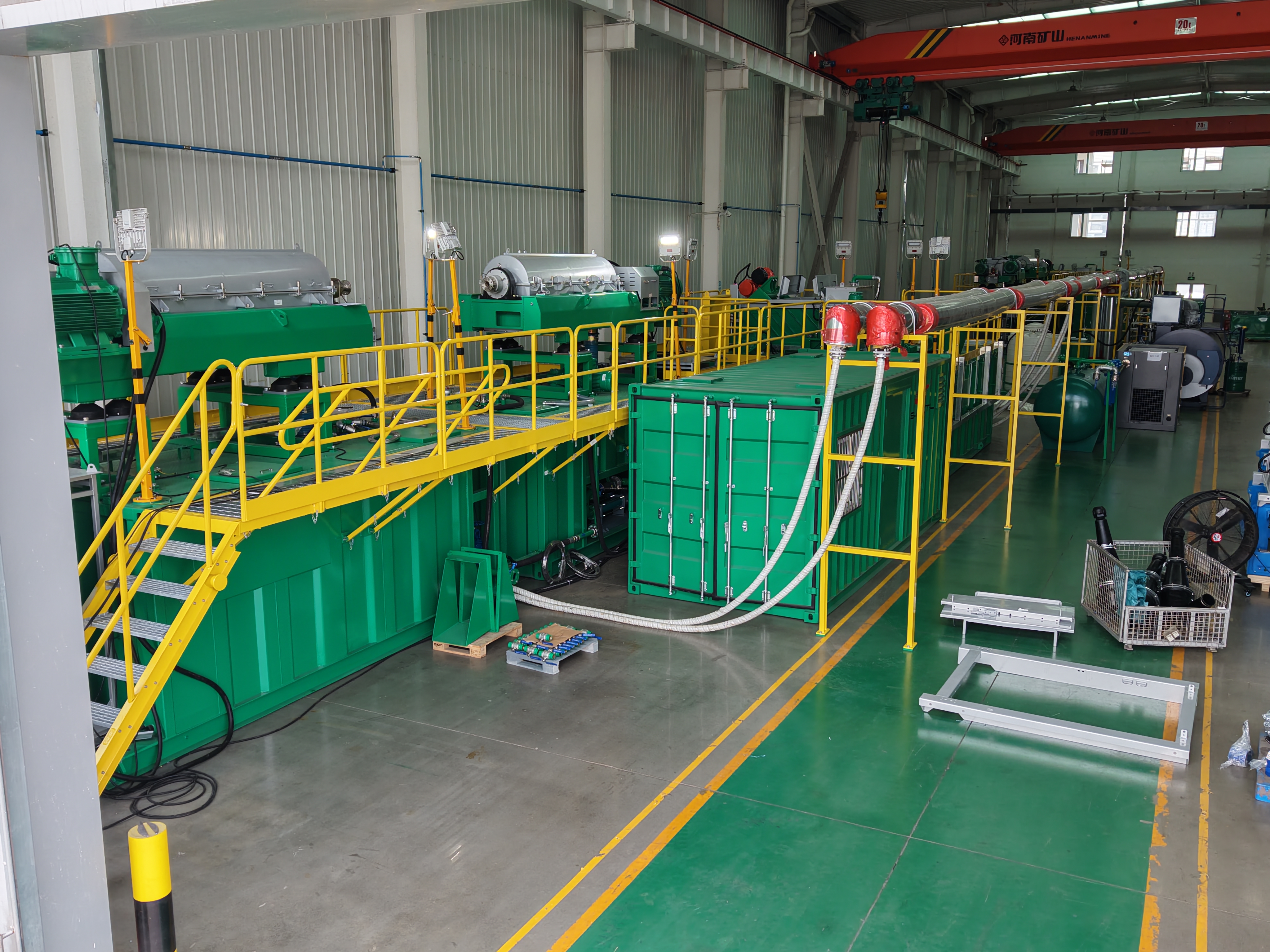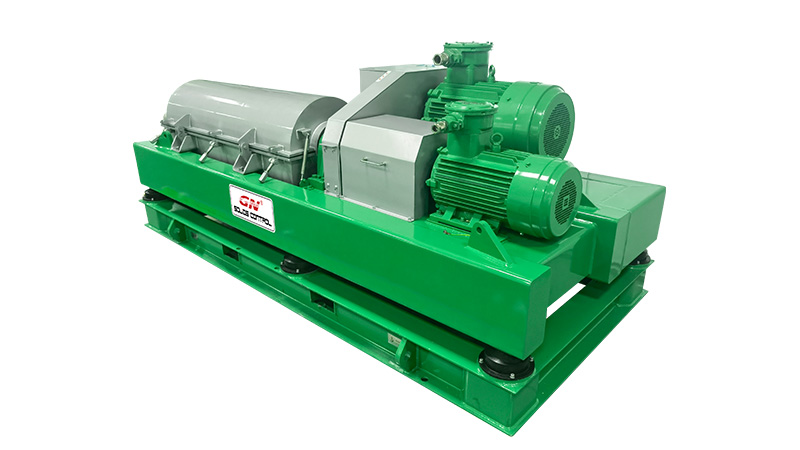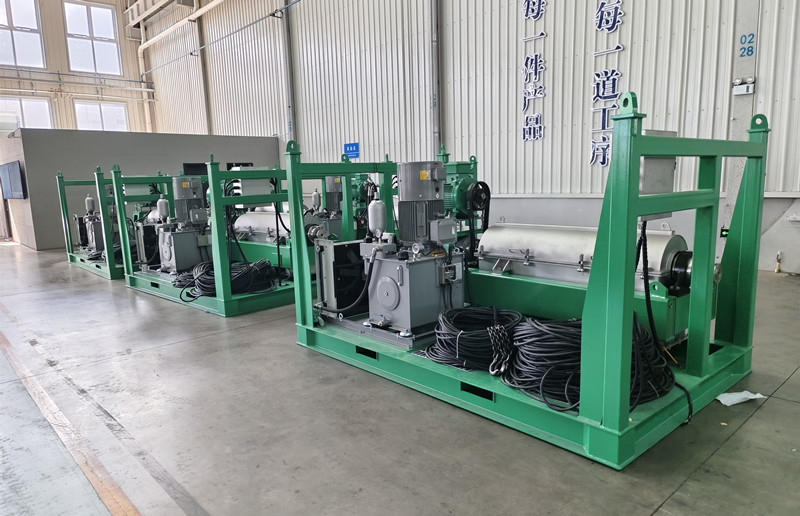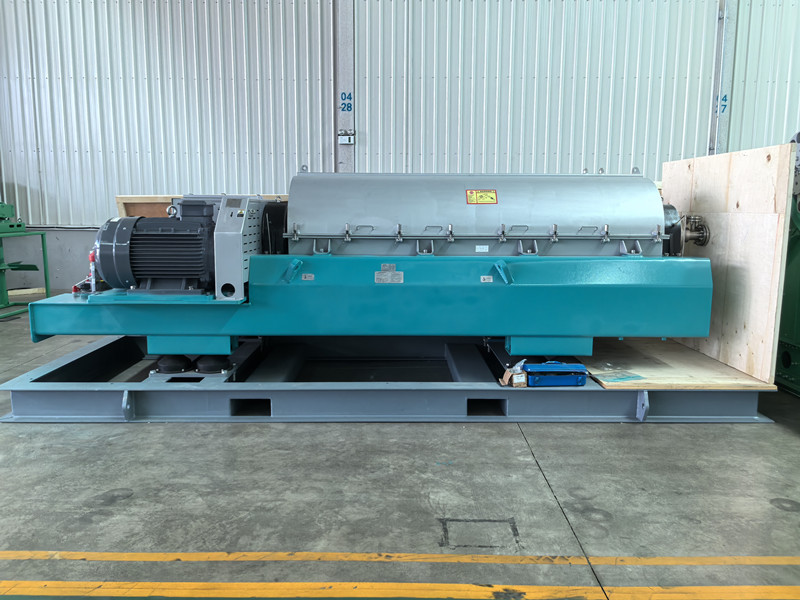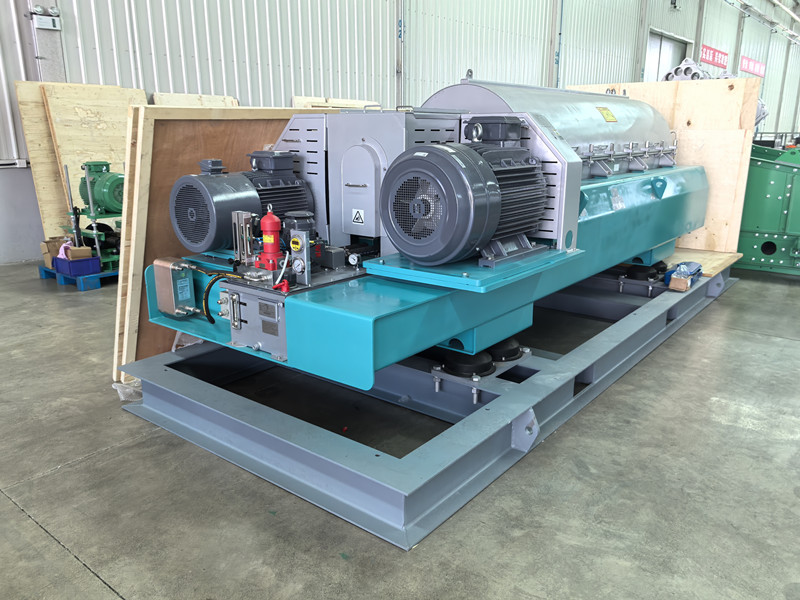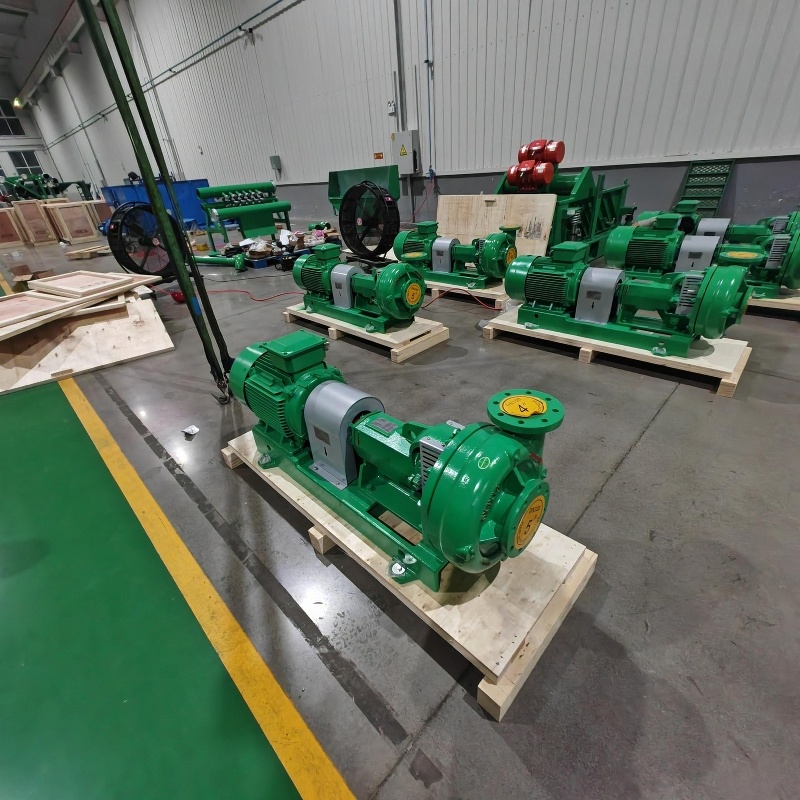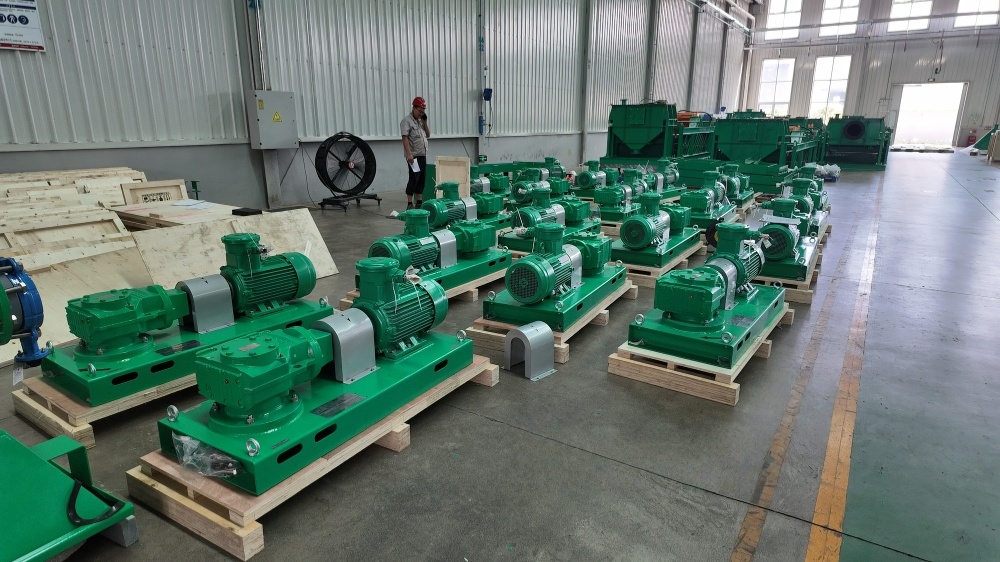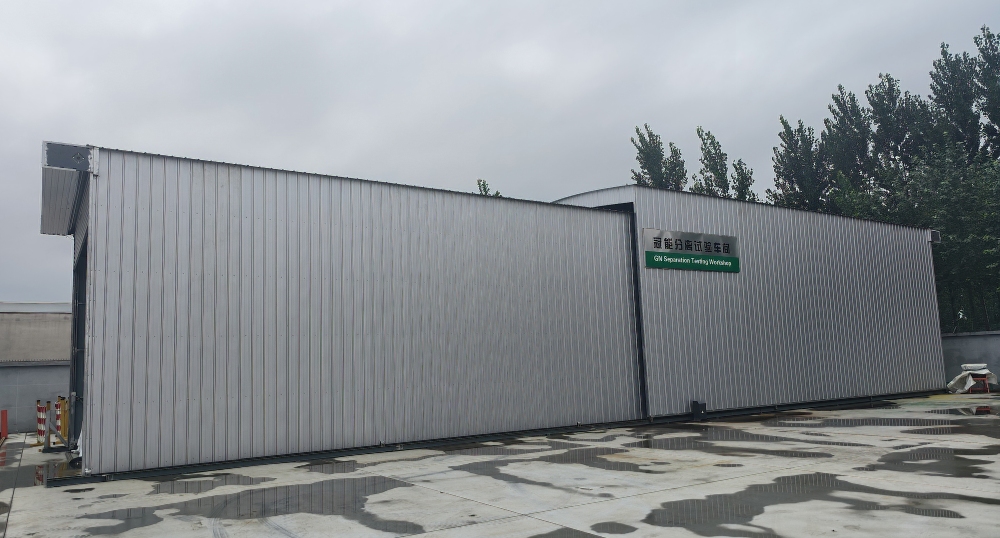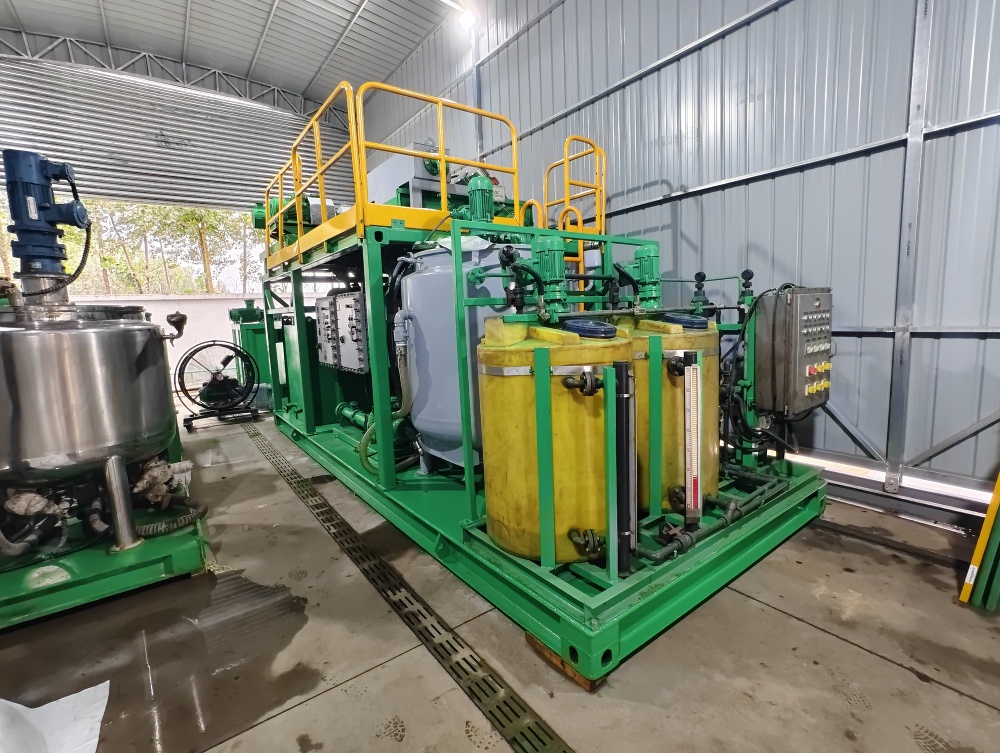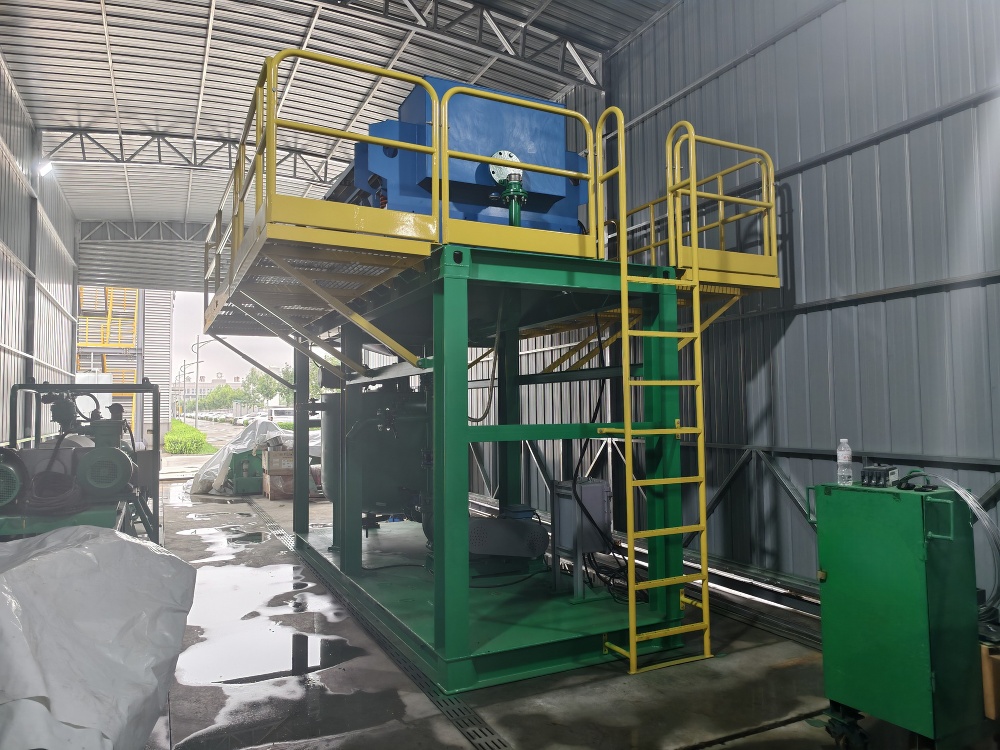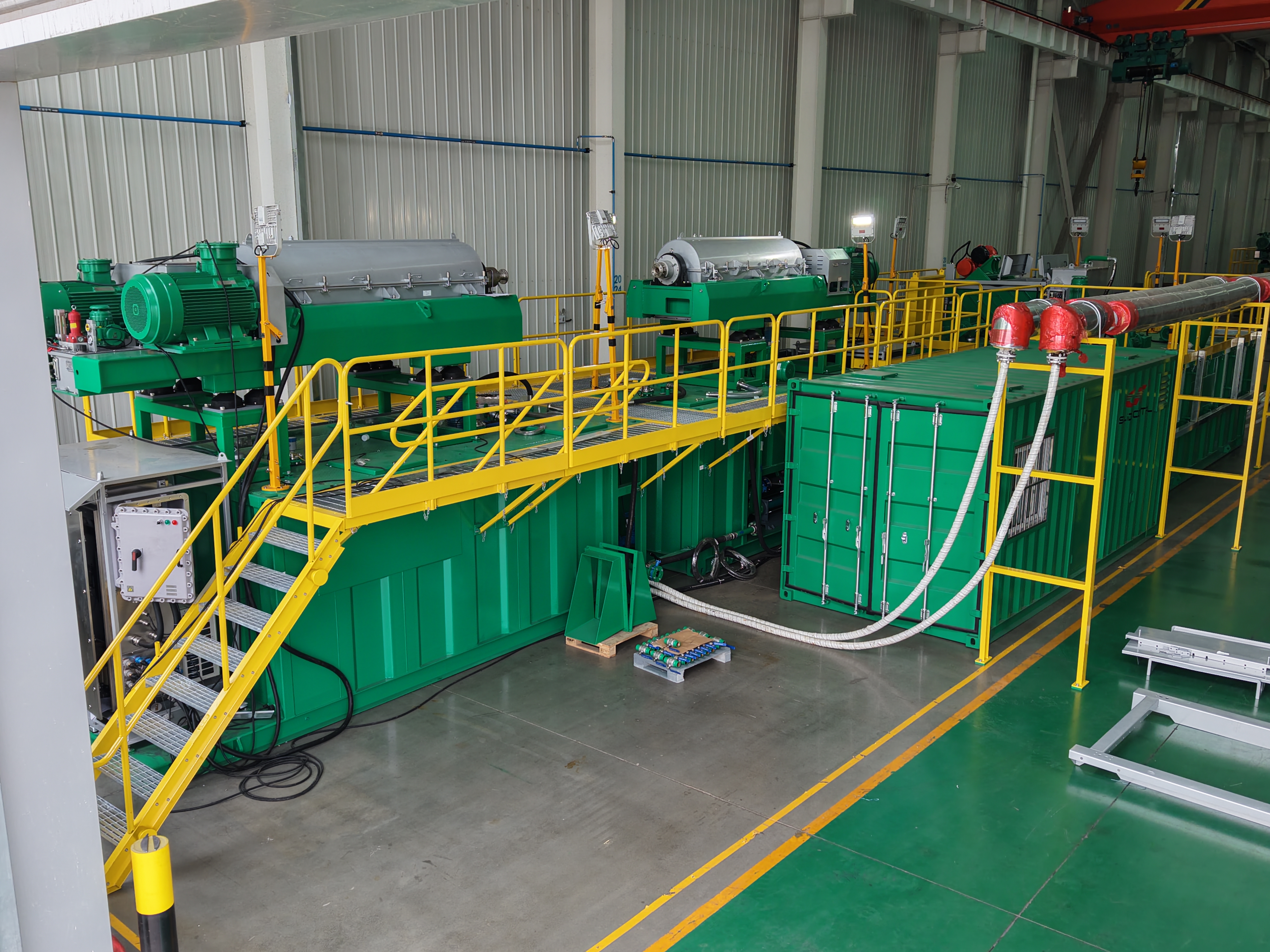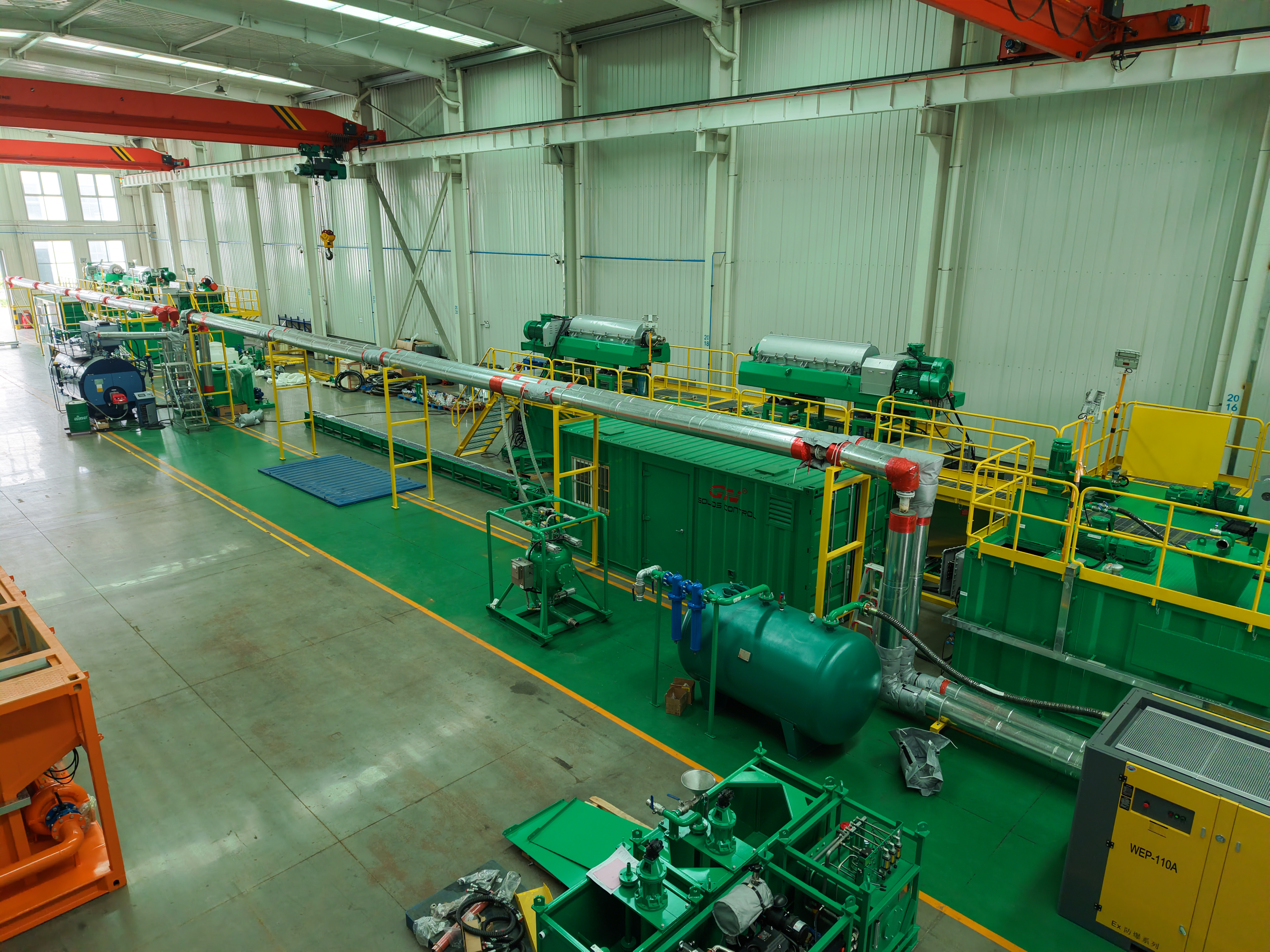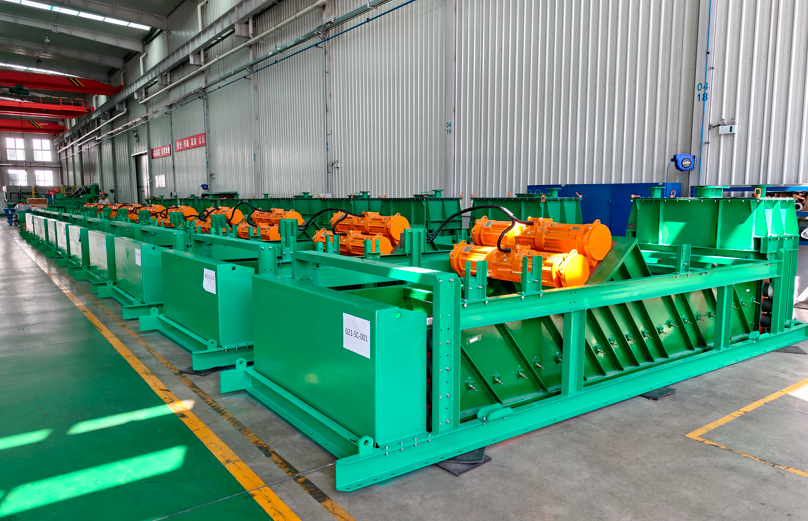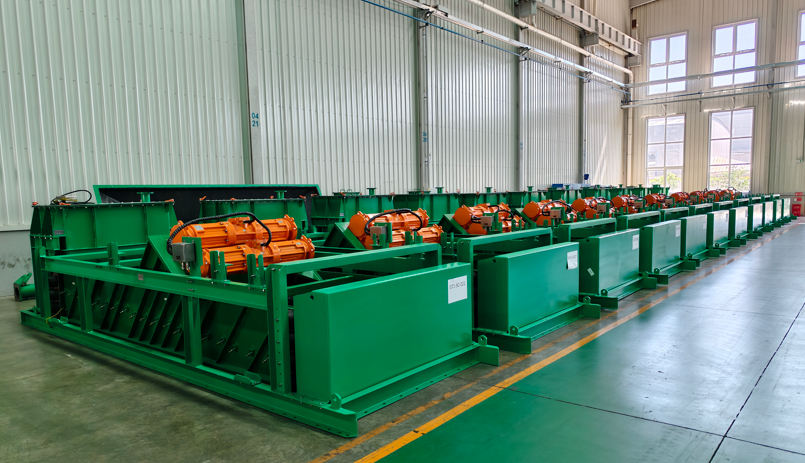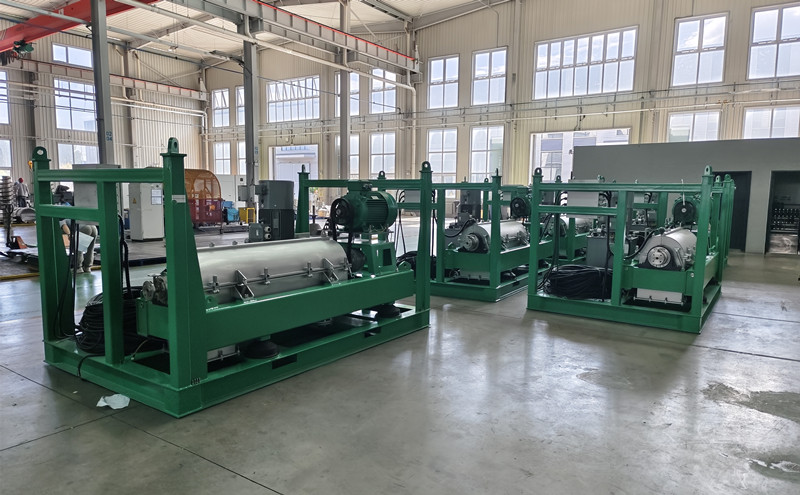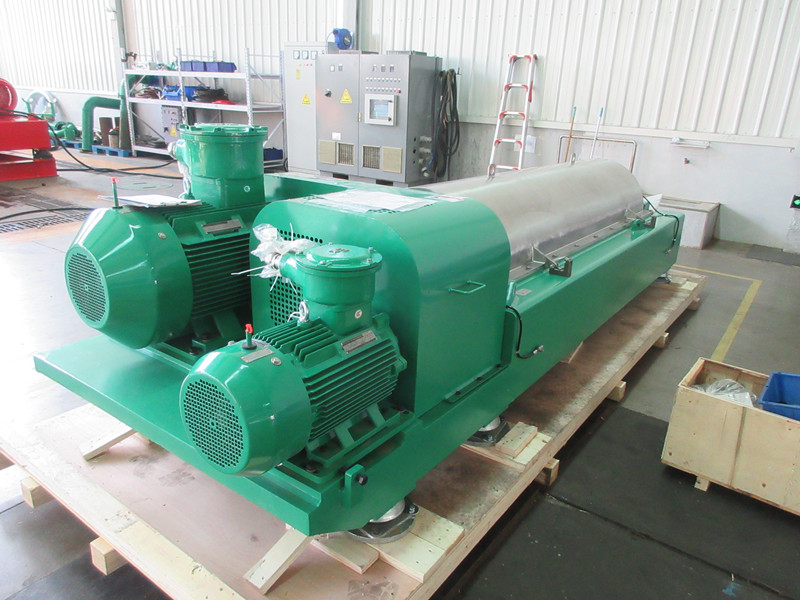GN Solids Control has successfully completed the manufacturing of a complete 1500 HP drilling mud solids control system, providing a full package of high-performance equipment designed to meet the demanding requirements of modern drilling operations. The system is engineered to maintain the drilling mud in optimal condition by effectively removing solids and recovering reusable fluids, ensuring efficient drilling performance and reduced operational costs.
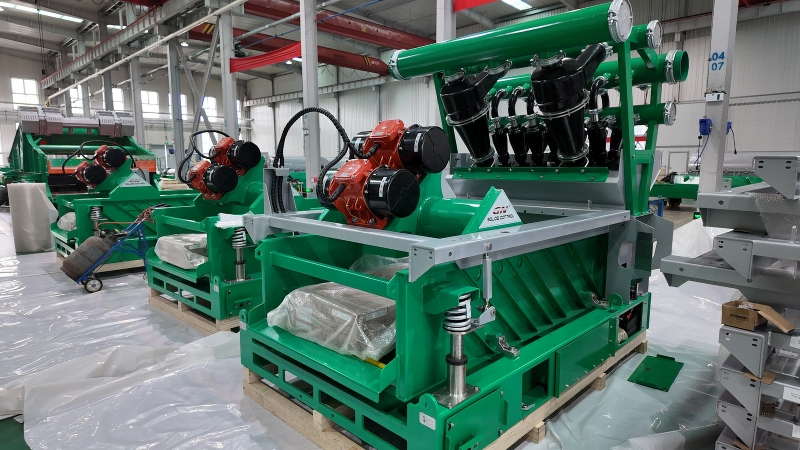
In this project, GN Solids Control supplied three sets of shale shakers, model GNZS594K. These are linear motion shale shakers equipped with four pieces of shaker screens each, offering high vibration strength and efficient solid-liquid separation. The shakers are designed for reliability, easy maintenance, and long service life, forming the first stage of solids control in the system. 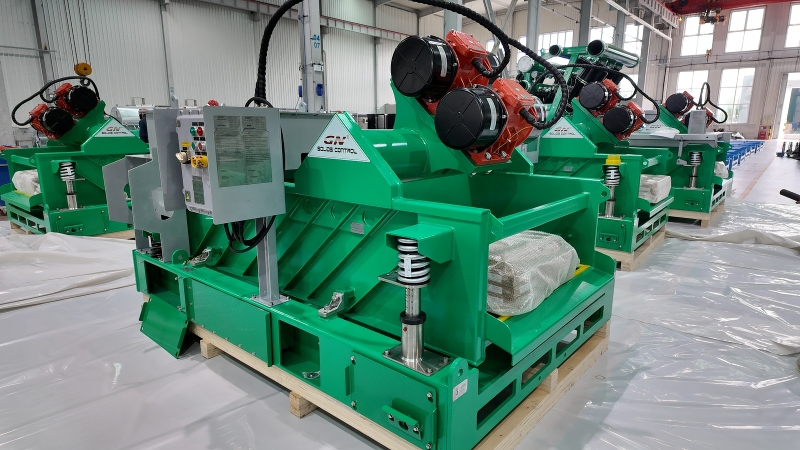
The system also includes a mud cleaner, model GNZS594K-2S12NK, with a processing capacity of 1000 GPM. This unit integrates mud cleaner desander and desilter cyclones above a GN shale shaker, providing both primary and secondary separation in one compact structure. It efficiently removes fine and ultra-fine solids, ensuring the quality of drilling fluids before recirculation.
For gas removal, the system features a vacuum degasser, model GNZCQ270, with a capacity of 1200 GPM. This self-suction vacuum degasser does not require an additional feeding pump, as it includes a built-in vacuum pump for automatic operation. It effectively eliminates gas bubbles from the drilling mud, preventing pump cavitation and maintaining stable mud density.
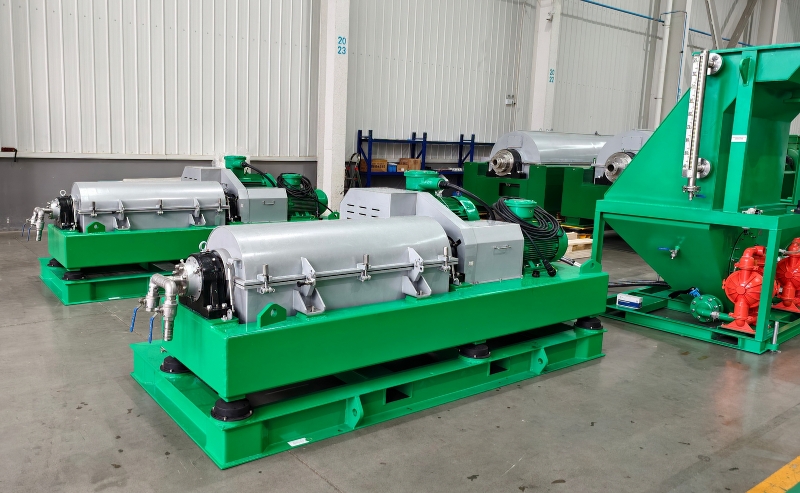
To complete the system, two GNLW363D decanter centrifuges are included—one operating at low speed for separating high-gravity solids and the other at high speed for fine solids removal and mud dewatering. Together, these centrifuges ensure efficient mud recovery and consistent fluid quality.
This integrated package reflects GN Solids Control’s capability to deliver reliable, field-proven solids control systems for demanding drilling environments worldwide.
